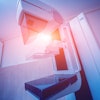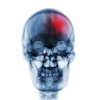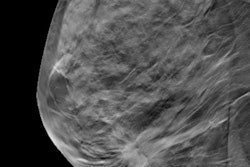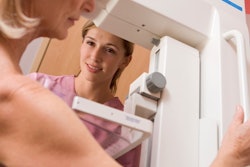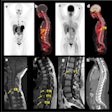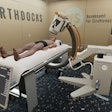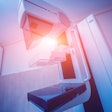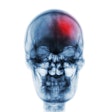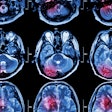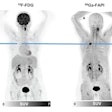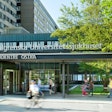Women who undergo additional testing for a noncancerous lesion following their initial screening mammography exam are increasingly more likely to develop cancer depending on the type of premalignant lesion identified, according to an article published online on 17 June in Cancer.
The group, led by Marie Lilleborge, PhD, from Oslo University Hospital, analyzed the data of 762,643 women who participated in the BreastScreen Norway screening mammography program.
The researchers found that individuals who were recalled for follow-up imaging -- with mammography, ultrasound, or MRI -- after their initial screening exam had a statistically significant increase in breast cancer risk, compared with those who were not recalled. The trend also applied to individuals who were recalled for additional testing for a benign lesion, hyperplasia with atypia, and carcinoma in situ.
Specifically, the incidence rate of breast cancer for these recalled individuals increased by approximately twofold for those who had a negative follow-up imaging exam or a benign biopsy, threefold for those with atypia, and fourfold for those with carcinoma in situ.
"Our data indicated an increased risk of developing breast cancer for women with a prior premalignant lesion. ... A proposal for stratified screening frequency should be evaluated in analyses including other perspectives to address the balance between benefits and harms of more frequent screening and the use of other modalities for these women," the authors wrote.


